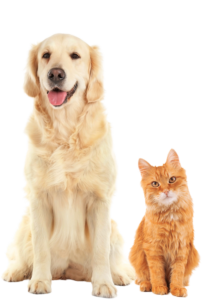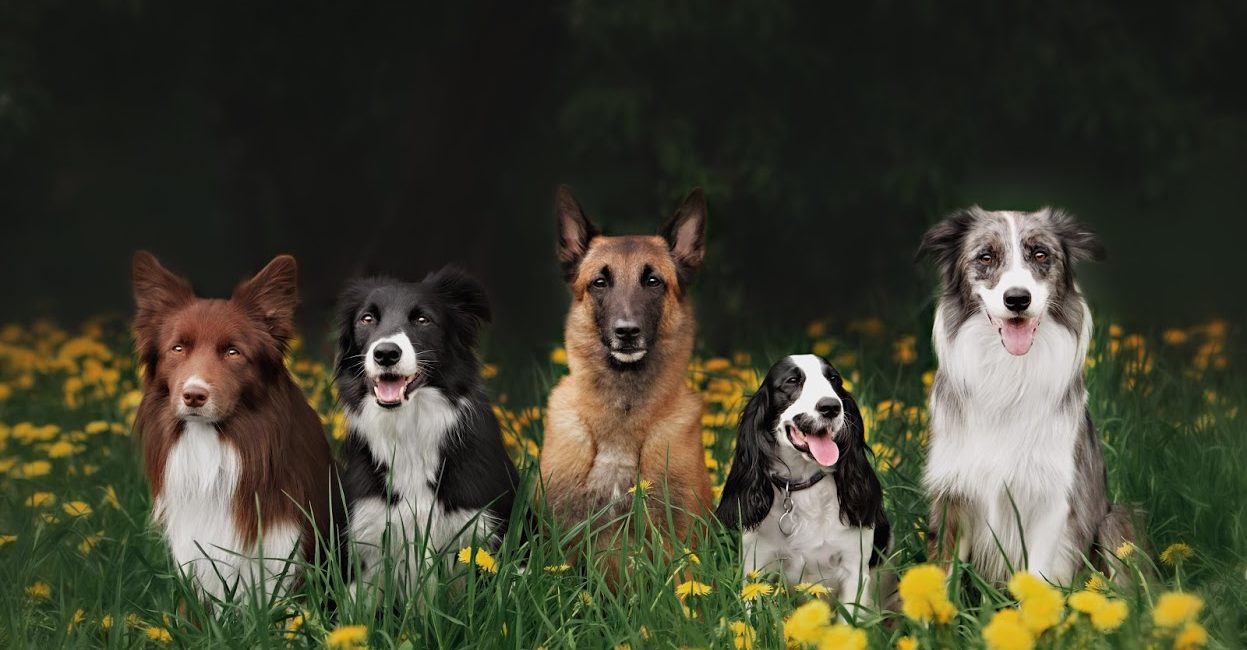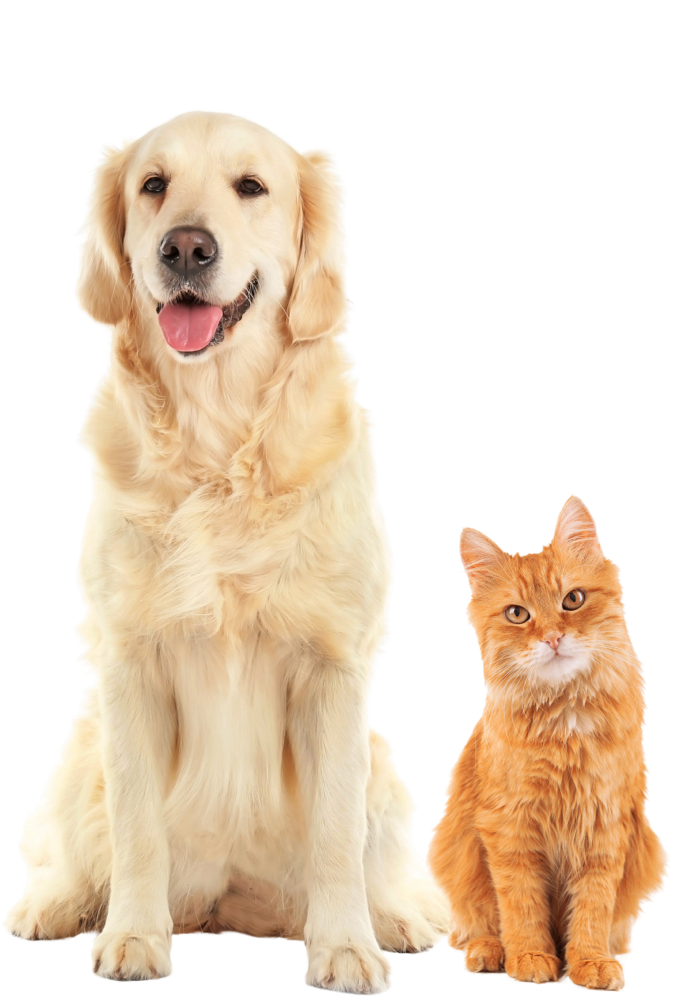Many people turn to their veterinarian for advice on how to pick the right dog or the appropriate breed for their family. Purchasing or adopting a new dog into your home is not only a huge responsibility but a commitment to that animal for the remainder of its life.
It’s not just about finding the right dog for your family, but are you the right family for your dog? Get it right and you’ve entered into a loving, healthy and happy relationship. Get it wrong and you could be facing a potential nightmare.
Before doing your homework and researching compatible breeds on-line or looking up different rescue societies, you should ask yourself, “Why am I getting a dog?”. We all know the joy a dog can bring to the family but what does that mean to you? It could simply be looking for companionship or a pet for your children to grow up with. Maybe it’s a motive to exercise or perhaps you are in need of a guardian. You also need to think about your family’s lifestyle and ask yourself what you can commit to. Are you a quiet person who enjoys a tranquil setting or a 24/7, go, go, go circus of a family. Do you have time to exercise your dog daily? Do you like to travel and would like to take your family pet along with you? Would you enjoy having a dog that needs lots of grooming and upkeep? Do you live in an apartment or perhaps on a farm? There are also the long-term financial responsibilities to owning a dog such as food, vet care, grooming and boarding.
Once you know what kind of owner you would be, it’s time to look for your new dog. Things to consider are the size, sex, temperament, coat, age and cost. There are real benefits to starting your relationship from puppyhood which requires putting in the hours to build that loyal bond. However many families have also found great companionship in an older or young adult dog who just needed the right home.
While all dogs are individuals, specific breeds share general characteristics and make similar demands on their human companions. High energy dogs such as Jack Russell terriers, border collies and Labradors need lots of exercise and attention. A mastiff breed (despite its large size) can be quite docile and would rather have a couch to curl up on rather than fetch a ball from across the yard. Some dogs require daily grooming and maintenance. The silky soft hair of an Afghan can be an alluring trait but can quickly become a matted mess if not tended to daily. Ease of training should also be considered. Some breeds are quick learners and love to master new tricks or obey the commands of their handler while others can be quite stubborn and march to the beat of their own drum! One of the single most important qualities to focus on while introducing a new dog to the family is child friendliness. Many breeds love children and display endless hours of patience, while others can be a little less tolerant. Specific breeds can also be more prone to different medical issues such as hip dysplasia, urinary stones, skin allergies or cancers, all of which can be very costly. For this reason some people choose mixed breeds or “mutts” hoping to avoid some of the more common breed inherited diseases but this is still no guarantee.
After bringing home your puppy or new dog, it is recommended to have a health check preformed by your veterinarian to look for any possible health concerns. Your veterinarian will also be able to assess its temperament, discuss breed related topics as well as socialization, diet, vaccines and deworming.
Adopting a new dog should never be an impulsive decision and purchasing a puppy as a gift is not to be taken lightly. While your “gift” was full of great intensions and meant to bring the recipient joy and companionship, it could turn out to be quite the opposite for both the new owner and puppy if you didn’t find the right match. .
Written by Van Isle Veterinary Hospital




